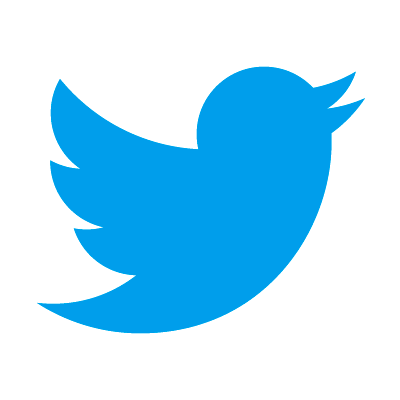 Social media attracts metaphors like an open honey jar in a park in July attracts bees. (See?) Is it the new town square? Is it a broadcast platform? Something else?
Social media attracts metaphors like an open honey jar in a park in July attracts bees. (See?) Is it the new town square? Is it a broadcast platform? Something else?
This new paper from Yu-Ru Lin, Brian Keegan, Drew Margolin, and David Lazer is a reminder that, no matter your preferred metaphor, the real answer will be different at different times and in different contexts. The paper looks at how users of Twitter — the researcher’s favorite social network, thanks to its relatively open API — act differently during a big news event, like a presidential debate. Does Twitter’s small-d democratic nature lead to a flowering of direct political discourse among friends and neighbors?
Eh…not so much. From the abstract:
Using 290 million tweets from a panel of 193,532 politically active Twitter users, we compare features of their behavior during eight major events during the 2012 U.S. presidential election to examine how patterns of social media use change during these media events compared to “typical” time and whether these changes are attributable to shifts in the behavior of the population as a whole or shifts from particular segments such as elites. Compared to baseline time periods, our findings reveal that media events not only generate large volumes of tweets, but they are also associated with (1) substantial declines in interpersonal communication, (2) more highly concentrated attention by replying to and retweeting particular users, and (3) elite users predominantly benefiting from this attention.
And from the conclusion:
Despite the potential for social media to create larger public squares with more diverse voices speaking, occasions for large-scale shared attention such as media events appear to undermine this deliberative potential by replacing existing interpersonal social dynamics with increased collective attention to existing “stars”…
The engaging nature of these events can potentially make audience members less critical of incoming information as well as complicate the ability for users to establish the credibility of tweets and their authors. Combined with our findings about concentrated attention to elite voices and diminished use of interpersonal communication, these factors could combine to create ideal conditions for rumor persistence, belief polarization, and the dissemination of misinformation that can (intentionally or unintentionally) undermine deliberation. However, the attention given to elite users during media events may provide opportunities for good-faith actors to limit the spread of misinformation by using content-based strategies of issuing repeated retractions, emphasizing facts instead of repeating myths, giving pre-exposure warnings about the likelihood of future information, offering simple rebuttals to complex myths, and fostering norms of strong skepticism.
In other words, hope that Kristen Bell takes her responsibilities seriously.
The paper is also a great occasion to relive some of the most popular tweets from the 2012 political season, including @BlGBlRD’s plaintive “WTF Mitt Romney :(” after the Republican nominee talked about cutting funding for Sesame Street. (Click to enlarge.)
One comment:
The headline on this post, referring to “a big news event,” may be misleading. The study seems to refer only to major, planned media events…with a concentration on political events. I believe the focus of Twitter chatter is a lot different during a major, breaking news event….or even during an entertainment event. A better headline would be more specific.
Trackbacks:
Leave a comment